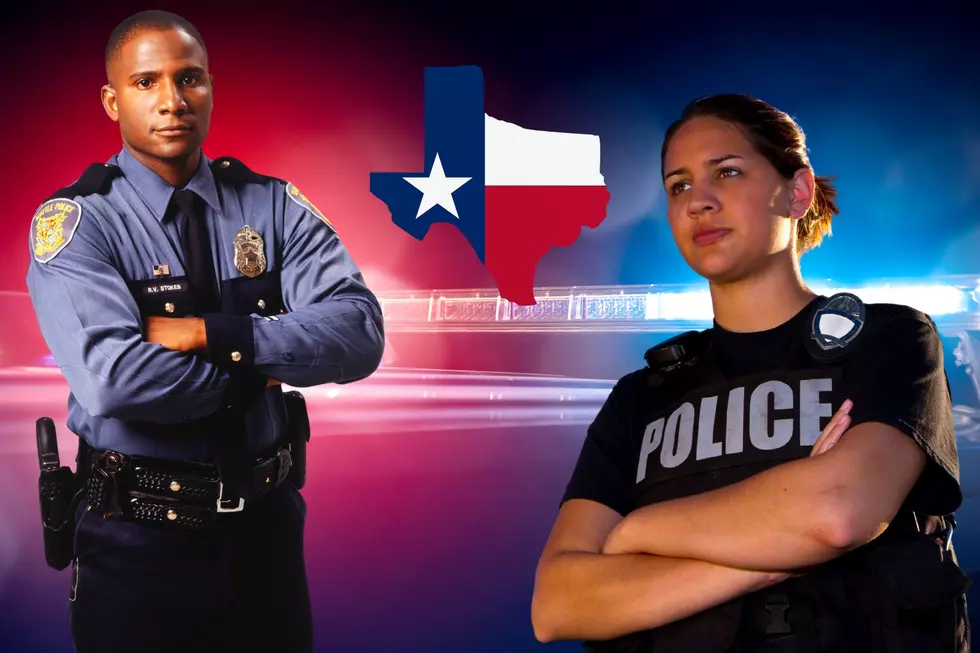
Beware, There Are 6 Things Police Would Rather You Not Know
Police officers play a very important job in keeping the peace and ensuring public safety in Abilene. The officers I know are dedicated professionals committed to serving and protecting their communities. However, I've come to learn certain aspects of their work they would rather keep hidden from the public eye.
Reader's Digest explores some lesser-known facts that police officers may not want you to know. In some cases, it's what you don't know that will hurt you. That's why I'm all about transparency, especially when it comes to the law. Brace yourself as you discover what law enforcement prefers to keep to themselves.
BEWARE: THERE ARE 6 THINGS POLICE WOULD RATHER YOU NOT KNOW
If You Confess, They'll Go Easy On You
If you've watched any live police TV shows, you might have seen this tactic and for the most part, it's true. By confessing and telling the complete truth, you make the job of the police officer a lot easier. This won't change the outcome of what you're charged with. That's up to a judge and jury. But your interaction with the police will go a lot smoother.
There's No Such Thing as "Off the Record"
Don't be fooled. If an officer tells you at any point that the conversation is off the record, they're lying to you. Everything is on the record. "Everything you say can and will be used against you in a court of law."
They Can and Will Lie
Lying to solve a crime has been known to happen. Think about it this way. Undercover officers are under no obligation to admit they are police, and they won't, even when you ask.
You Can Ask if You Are Free to Leave
You have to option to ask the officer if you are free to leave. If you are, you're not under arrest and are under no obligation to answer any questions. If you're not free to leave, you're most likely in custody and should be cautious about answering anything without the consultation of a lawyer.
Police Aren't There to Be Your Bestie
All of the officers I know are outstanding humans I'm proud to call friends. However, they have to enforce the law, not be your friend. Police are trained to use friendliness as a way to obtain information and defuse potentially tense circumstances. Plain and simple.
You Don't Have to Invite Them In
Unless police have a search or arrest warrant, you don't have to let them inside your home. Some criminal attorneys advise their clients to not even speak to the police except to ask them to leave.
I'm all about shedding light on these lesser-known facts that officers may prefer to keep hidden. Bringing these to light gives us a more transparent and informed understanding of law enforcement.
The law is out and about in Texas, and they are looking for certain violations. Scroll to see which ones, and be prepared.
LOOK: The Texas Department of Public Safety and All Law Enforcement Are Looking For These Violations
Gallery Credit: Rudy Fernandez
More From 100.7 KOOL FM









